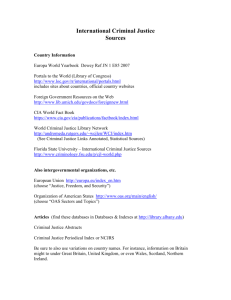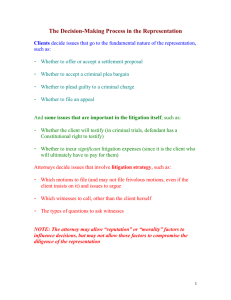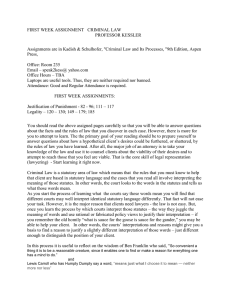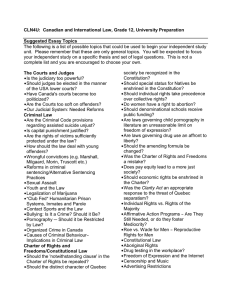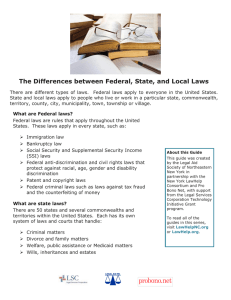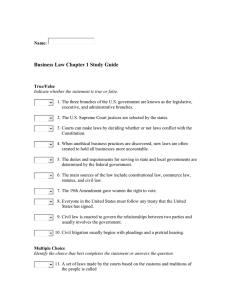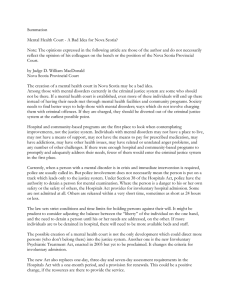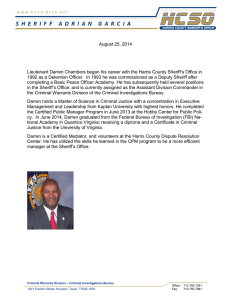APPENDIX L: DOUBLE JURISDICTION: WHAT DOES IT MEAN AND WHAT... IMPLICATIONS?
advertisement
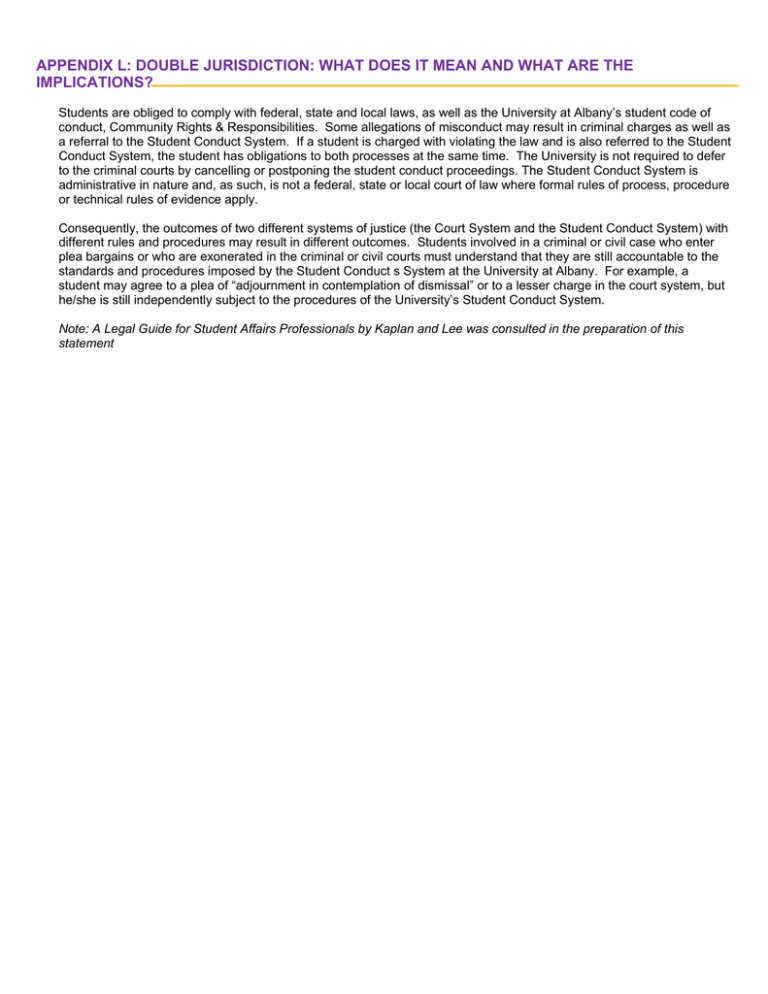
APPENDIX L: DOUBLE JURISDICTION: WHAT DOES IT MEAN AND WHAT ARE THE IMPLICATIONS? Students are obliged to comply with federal, state and local laws, as well as the University at Albany’s student code of conduct, Community Rights & Responsibilities. Some allegations of misconduct may result in criminal charges as well as a referral to the Student Conduct System. If a student is charged with violating the law and is also referred to the Student Conduct System, the student has obligations to both processes at the same time. The University is not required to defer to the criminal courts by cancelling or postponing the student conduct proceedings. The Student Conduct System is administrative in nature and, as such, is not a federal, state or local court of law where formal rules of process, procedure or technical rules of evidence apply. Consequently, the outcomes of two different systems of justice (the Court System and the Student Conduct System) with different rules and procedures may result in different outcomes. Students involved in a criminal or civil case who enter plea bargains or who are exonerated in the criminal or civil courts must understand that they are still accountable to the standards and procedures imposed by the Student Conduct s System at the University at Albany. For example, a student may agree to a plea of “adjournment in contemplation of dismissal” or to a lesser charge in the court system, but he/she is still independently subject to the procedures of the University’s Student Conduct System. Note: A Legal Guide for Student Affairs Professionals by Kaplan and Lee was consulted in the preparation of this statement


